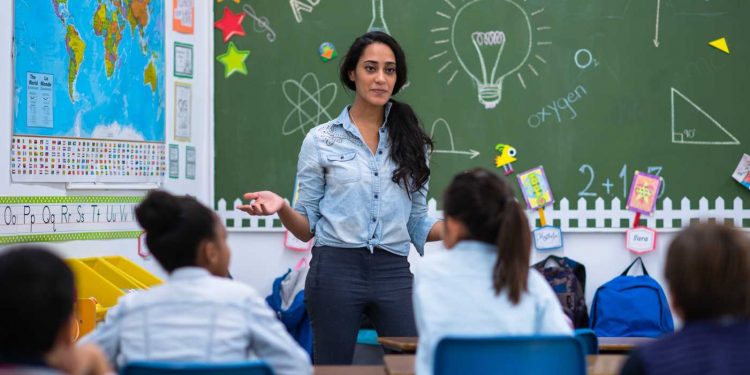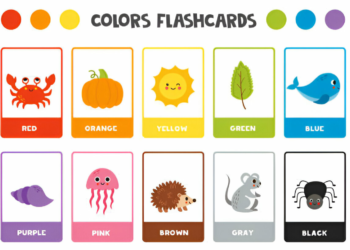It can be great to periodically check in with students to see what components of the learning environment they find helpful or challenging and what particular subject matter they might be having trouble with. We know that informal input from students is frequently anonymized and only shared with you and your students. Your professors or larger department do not examine it. The attendance management software in this way can prove to be beneficial to the students in this case. utilising a self-analysis tool and a videotape replay, ascertain the degree to which teachers alter their classroom performance. Additionally, it was determined if teachers who used the self-rating instrument and the videotape playback significantly altered their performance compared to teachers who did not. The outcomes showed that videotape replay can be a useful tool for assisting teachers in altering their behaviour during the teaching and learning process in the classroom. To the degree of the instrument’s validity, the self-rating methodology using videotape replay and the best instrument was a successful way to alter teachers’ performance. Teachers who used this approach performed consistently better from tape to tape and considerably outperformed teachers of all levels who did not utilise the self-rating tool. Videotaped teachers only slightly improved their performance from tape to tape. These findings show that videotaping alone was not as successful in changing teacher performance as videotaping and self-rating together. We know that this way the School ERP can be beneficial to the students to make their performance better as well. To the degree of the instrument’s validity, the self-rating methodology using videotape replay and the BEST instrument was a successful way to alter teachers’ performance. Teachers who used this approach performed consistently better from tape to tape and considerably outperformed teachers of all levels who did not utilise the self-rating tool. Videotaped teachers only slightly improved their performance from tape to tape. These findings show that videotaping alone was not as successful in changing teacher performance as videotaping and self-rating together. Due to its consequences for teaching effectiveness, instructional methods, and student academic achievement, teachers’ self-efficacy has gradually taken on a more significant role in school psychology research. According to a large body of research, teachers who have high levels of self-efficacy report more job satisfaction, less stress at work, and easier handling of students’ disruptive conduct. Therefore, striving to improve the effectiveness and efficiency of schools as well as the well-being of teachers may benefit greatly from understanding the key antecedents of self-efficacy. These ten values can be arranged into a two-dimensional system of motivation. The first dimension contrasts conservation, where the emphasis is on self-control, keeping old behaviours, and sustaining stability, with openness to change, which emphasises change and independence. The second dimension contrasts self-enhancement, in which people put their interests above those of others, and self-transcendence, in which people put others’ needs ahead of their own. Given that the target behaviour must be personally relevant to the individual for values to exercise influence, it is likely that the relationship between values and self-efficacy is stronger when teaching behaviour that is defined by the individual (i.e., low controlled motivations and high autonomous motivations). Research addressing the person-situation debate has consistently demonstrated that the importance of stable individual distinctions, such as personal values, should decline when perceived situational pressure to hold a value or act in a particular way increases. Some educators may feel content with the results and hold the opinion that they do not need to alter their methods of instruction. Teachers need to reflect on what they taught, how they taught specific topics, and how successful their teaching/instructional tactics were if they are overachievers or simply want to perform at their highest level. Self-evaluation, which enables teachers to retain an accurate and honest assessment of the efforts made for each lesson, will always be the best motivator for them. A more thorough understanding of the material and meticulous planning always pays off, boost teachers’ confidence, and enable them to complete the work with success. A good lesson is the primary gauge of a teacher’s effectiveness. This is precisely what affects factors like pupils’ progress, topic knowledge, and motivation.
How teachers can self analyse their performance so that they deliver better teachings?
1
80
SHARES
1.3k
VIEWS
ADVERTISEMENT
No Result
View All Result
MouseTimes
MouseTimes is a platform where you can read interesting news about TV shows, Movies, Lifestyle, Business and Science and many more.
Recent News
@2022 - All Right Reserved | mousetimes.com






